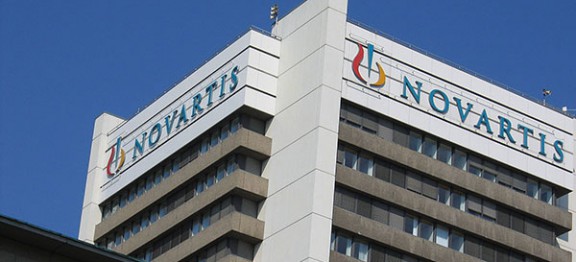
Farrell C. Covell, Esq.
In the past, liability of a product was limited to only those entities within the stream of commerce. A new California Supreme Court case, T.H. v. Novartis Pharmaceuticals Corporation (2017) 4 Cal. 5th 145, has recently allowed a cause of action to proceed when a seller’s product was not actually the one used by a plaintiff.
The issue in the case was whether a brand name drug manufacturer could be sued under a theory of failure to warn when the generic drug manufacturer used the same warning label. Plaintiffs, fraternal twins, brought suit when their mother was prescribed the generic bioequivalent of Brethine using the defendant’s warning label. Plaintiffs’ claimed defendant knew or should have known that its warning label failed to alert pregnant women of the risk Brethine posed to fetal brain development. The theory was it was foreseeable that the generic drug would use the same label as the brand name drug. Defendant argued that it owed no duty of care to the plaintiffs. The court disagreed.
In addition, the court stated, public policy favors this because the burden on brand name drug manufacturers of satisfying a common law duty of care to those who are prescribed the generic version of the drug is zero. Brand name manufacturers already have a continuing duty to warn of potential risks “as soon as there is reasonable evidence of an association of a serious hazard with a drug; a causal relationship need not have been proved.”
The court found that brand name drug manufacturers have a duty to use ordinary care in warning about the safety risks of their drugs, regardless of whether a plaintiff used the brand name or generic version of the drug. The liability attaches to the warning label, not the drug.
For further reading click HERE
